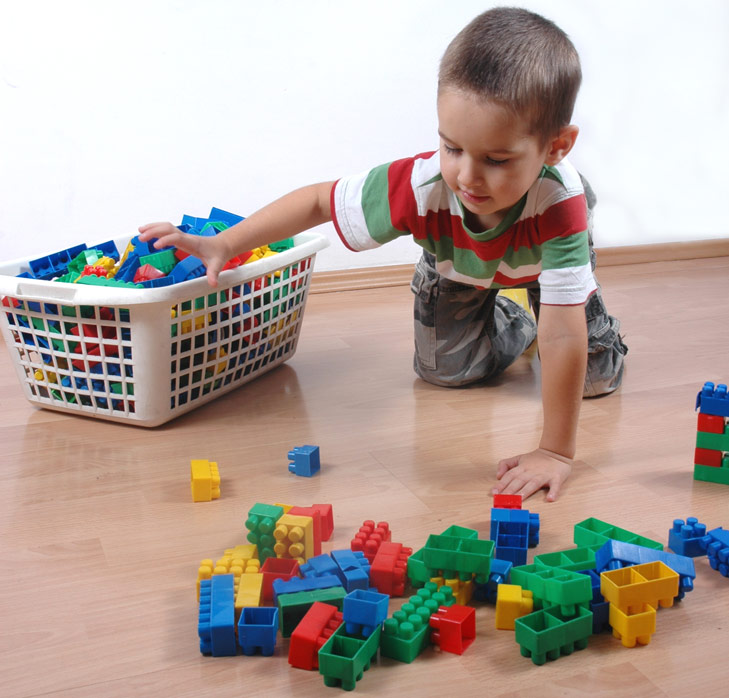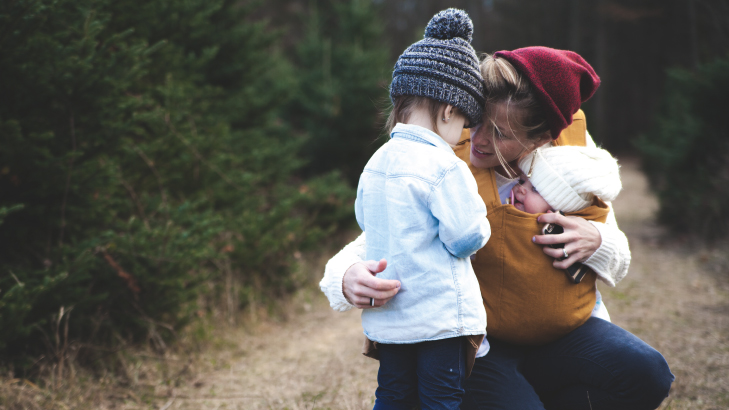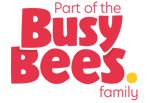Discover how early childhood educators fuel brain growth, language, and social‑emotional skills, grounded in developmental psychology families can trust.
As parents, we know how quickly our little ones grow and change. One moment they're babbling, the next they're stringing together sentences and asking deep questions about the world. It feels fast—because it is fast. And science tells us that the early years of life aren’t just precious, they’re powerful.
Early childhood educators play a crucial role during this time, helping shape the foundation for everything that comes after. But why are these early teachers so important? In honor of Teacher Appreciation Week, we’re exploring what developmental psychology has to say about why our Early Childhood Educators are so crucial.
1. The Brain Grows Fast—Really Fast
By age 3, a child’s brain has formed over 1,000 trillion neural connections, far more than an adult’s. These connections are built through everyday experiences: talking, playing, exploring, and connecting with others. Early childhood educators are trained to turn these experiences into learning opportunities that spark curiosity and build essential brain pathways.
What this means for your child: Every finger painting, story time, and block tower isn’t just fun, it’s laying down the building blocks of thinking, reasoning, and emotional understanding.
2. Social-Emotional Skills Begin Early
Developmental research shows that social-emotional skills, like empathy, self-regulation, and cooperation, start forming in the first few years. Programs like RULER from the Yale Center for Emotional Intelligence emphasize the importance of developing emotional intelligence skills early on. According to these studies, kids who build strong emotional foundations early are more likely to succeed in school and have better mental health later on.
Early educators model and guide these skills every day: helping a child take turns, talk through big feelings, or solve conflicts with peers. These moments teach children how to be with others, a skill just as important as ABCs.
What this means for your child: Learning to share today builds the groundwork for teamwork, leadership, and resilience tomorrow.
3. Language and Literacy Are Built Through Interaction
Research from Harvard’s Center on the Developing Child emphasizes that language development thrives on serve-and-return interactions, like when a baby coos and an adult responds. Early childhood educators are pros at these back-and-forth moments. They ask open-ended questions, introduce new words, and read with enthusiasm, all of which fuel language growth.
What this means for your child: Quality conversation with caring adults expands vocabulary, boosts reading readiness, and builds communication skills that last a lifetime.
4. Play Is Learning—And Educators Know How to Guide It
Play isn’t just play. It’s how young children make sense of the world. Psychologist Jean Piaget called play the “work” of children. Educators use guided play to introduce concepts in math, science, and problem-solving, without making it feel like work.
Early childhood classrooms are carefully designed to invite exploration: sensory bins, dramatic play corners, and hands-on activities all encourage critical thinking and creativity.
What this means for your child: That game of grocery store or bug hunt outside? It’s sparking math, science, and imagination all at once.
5. Relationships Are the Heart of It All
Perhaps the most powerful finding in developmental psychology is that children learn best through secure, supportive relationships. When your child feels safe, valued, and connected, they’re more open to learning and exploring. Early educators create that nurturing environment daily, offering consistency, encouragement, and love.
What this means for your child: A strong connection with a caring educator helps your child feel confident to try new things, take risks, and grow.
The early years aren’t just preparation for “real” school, they are the school years. Early childhood educators are doing essential brain-building, emotional coaching, and skill-shaping every single day. Their impact goes far beyond the classroom, setting children on a path toward lifelong learning and well-being.
So the next time your child comes home with a glittery drawing or a story about circle time, know that behind the crayons and songs lies a world of science, and a caring educator helping bring it all to life.
Stay in the know and check us out on social media! Follow BrightPath on Facebook and Instagram for a variety of fun activities and daily inspiration.







